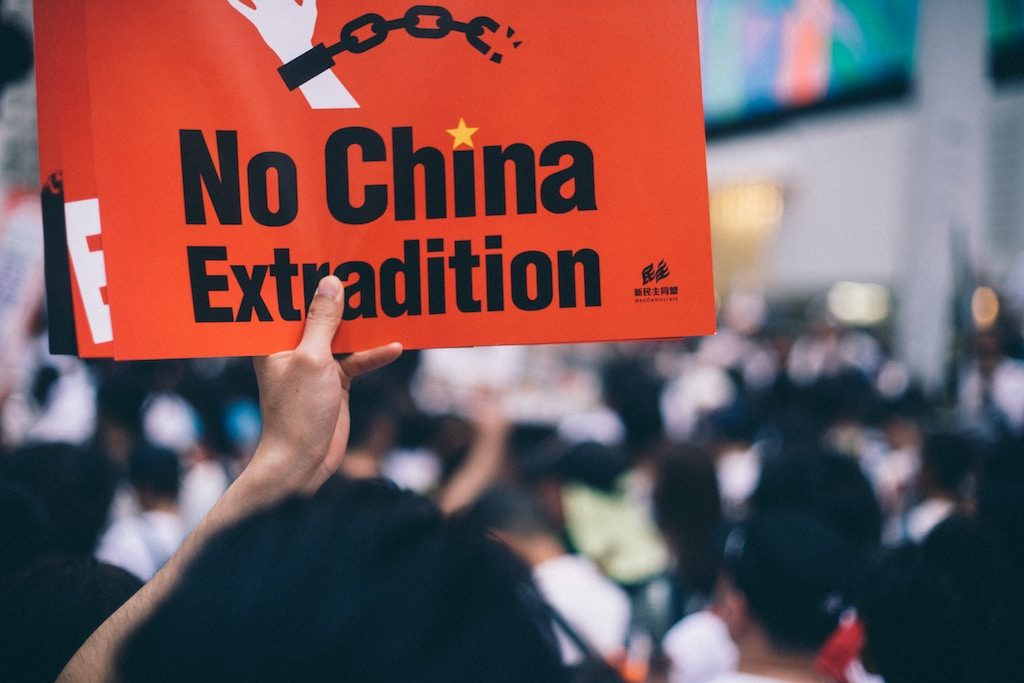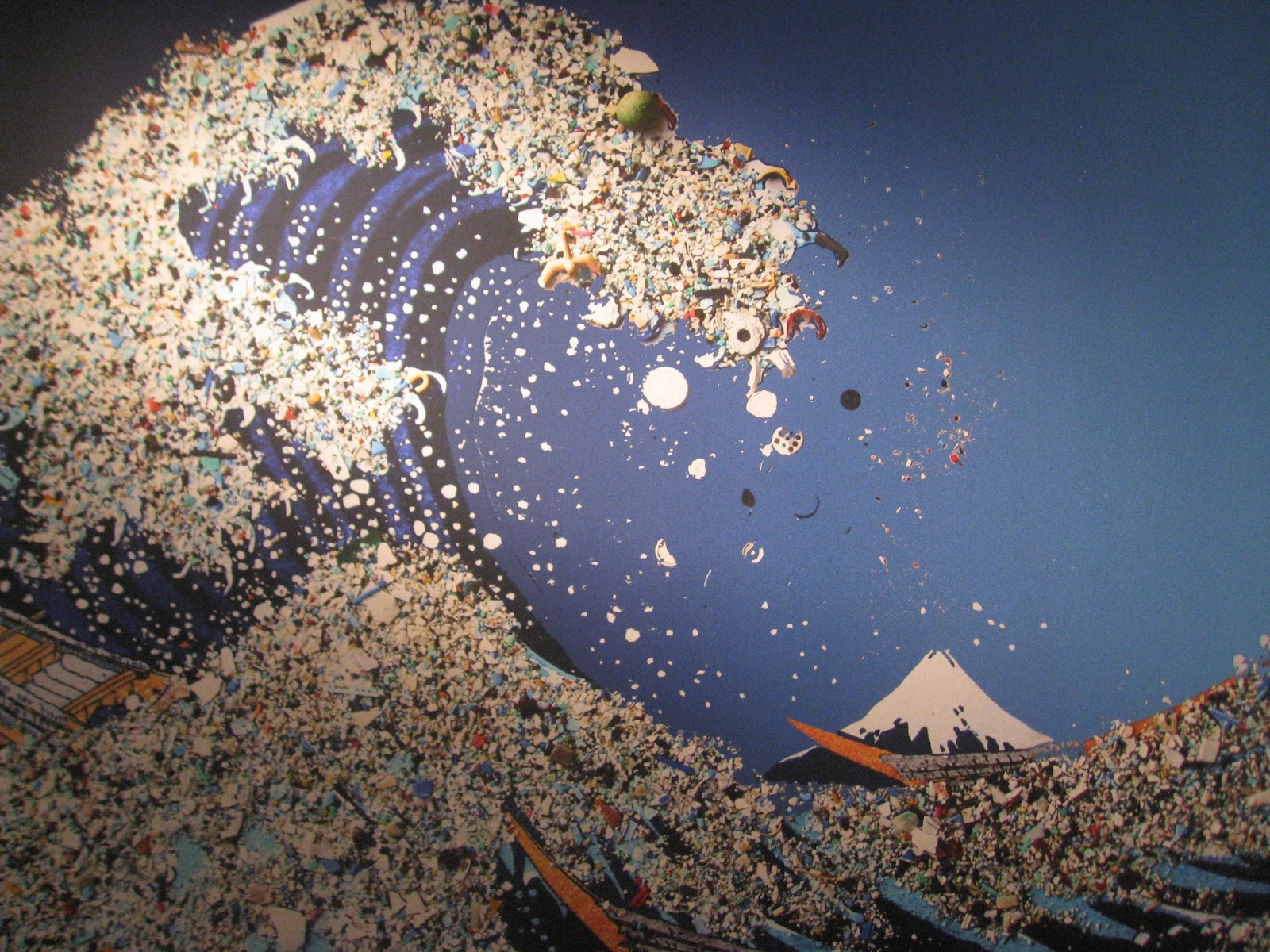Could mainland China not seek eventual convergence towards a democratic system, respectful of the full gamut of human rights? That actually is what the happenings in Hong Kong now are about.
Under the Sino-British Joint Declaration of 1984, China undertook to let Hong Kong keep its way of life unchanged for 50 years after the handover on 1 July 1997 under the “One Country, Two Systems” formula.
The Hong Kong Special Administrative Region (as it is known since 1997) retains an independent judiciary. Many judges from other common law jurisdictions serve in the city’s highest courts.
The Basic Law (Hong Kong’s post-handover constitutional document) stipulates that international human rights treaties and other labour rights instruments which were extended to Hong Kong, when it was under British sovereignty, would continue to apply.
From our partners:
Thus the provisions of the International Covenant on Civil and Political Rights (ICCPR) are regularly invoked in Hong Kong’s courts. The Chinese government, assisted by Hong Kong authorities, is periodically called upon by treaty bodies to report the progress made in implementing or adhering to the ICCPR, the International Covenant on Economic, Social and Cultural Rights, the Convention on the Elimination of All Forms of Discrimination Against Women, the Convention on the Rights of the Child and others.
Article 25 of the ICCPR states that: “Every citizen shall have the right and the opportunity … (a) To take part in the conduct of public affairs, directly or through freely chosen representatives; (b) To vote and to be elected at genuine periodic elections which shall be by universal and equal suffrage and shall be held by secret ballot, guaranteeing the free expression of the will of the electors…”
And Article 45 of Hong Kong’s Basic Law says: “The ultimate aim is the selection of the Chief Executive by universal suffrage upon nomination by a broadly representative nominating committee in accordance with democratic procedures.”
Since 1997, Hong Kong’s Chief Executive has been chosen by an 800-member (and subsequently 1,200-member committee consisting of mostly pro-Beijing tycoons and others). In 2007 Beijing promised that it would allow the election of the Chief Executive through universal suffrage from 2017.
But recently the Beijing and Hong Kong authorities bizarrely announced that they – via their hand-picked “committee” – would decide who may contest these elections. And that the choice would be restricted to two or three candidates. This is akin to the Iranian system, where a deeply conservative Council of Guardians decides who may or may not contest the presidential elections. With the effect that only pliable candidates are allowed to enter the fray.
Needless to say, the pro-democracy section of Hong Kong’s population – a clear majority – saw red. In the past, opposition to such undemocratic moves in Hong Kong have been organised by political parties and groups. But this time students and academics under banners such as Occupy Central and Hong Kong Federation of Students have taken the lead in organising massive protests which initially met with – by Hong Kong’s generally polite standards in the arguments between agitators and the authorities – surprisingly harsh use of force. Riot police were perceived to have gone too far in using many rounds of teargas that caused injuries. (The politeness and orderliness of Hong Kong’s protestors – scraping wax off the ground following candle-light vigils, picking up every piece of trash, posting apology notes for “inconvenience caused” to the rest of the public for roads closed – has been winning global admiration.)
Clearly, the students and their sympathisers had concluded that Beijing and Hong Kong authorities had reneged on their promises.
Meanwhile, in parallel with the burgeoning pro-democracy upsurge, property tycoons, oligarchs and other monopoly capitalists of Hong Kong have made known their abhorrence of the pro-democracy protests and their loyalty to their Beijing principals. Because they know that what the students and other pro-democracy forces in Hong Kong are really demanding is economic democracy in addition to political democracy and an end to crony capitalism.
Incidentally, there are other generously funded pro-Beijing forces such as the Hong Kong Federation of Trade Unions, which, much like China’s own All China Federation of Trade Unions, mostly defends anything but workers’ interests and more importantly Hong Kong’s largest and richest political party, the Democratic Alliance for the Betterment and Progress of Hong Kong, or DAB, ranged against the protesters.
And then there are the various chambers of commerce that feel obliged to kow-tow to Beijing and therefore rubbish pro-democracy demands. Never mind that a few at least of these business lobbies would actually have a vested interest in genuine democracy, transparency and the rule of law, but they feel bamboozled into taking the anti-people, pro-Beijing stance.
Why is Beijing acting with such paranoia, going so far as to accuse the pro-democracy protestors of being in the pay of western forces (the said western forces’ numerous companies being busy doing good business in China and Hong Kong and their real sympathies anywhere but with the protesters)? Incidentally, it was a British company that sold the Hong Kong police the tear gas so liberally used on protesters.
None of the elites in Beijing and Hong Kong have explained. One can only speculate that they are worried that if the pro-democracy movement gets out of hand, Beijing’s hold over Hong Kong would be weakened. Charitably put, that the Chinese leadership fears that some separatist leader would get elected.
They ought to know that such a fear is entirely unfounded. Not a single leader among the pro-democracy political parties in Hong Kong stands for Hong Kong’s independence or separation. Rather, most if not all of them, are intense nationalists and deeply patriotic, organising most of their protests with a clear message of loyalty towards China albeit one bereft of the current dictatorial regime. So nationalistic are they that in any confrontation between China and Japan over territorial disputes, it is the pro-democracy forces, rather than the pro-Beijing ones, that stage noisy protests in Hong Kong.
In other words, Westphalian nationalism that a lot of Europe has been trying to turn its back on (and partly succeeding in terms of the European Union structures but hopelessly failing as can be seen among the spectator reactions around football fields) is intensely alive in much of East Asia, including in Hong Kong.
While a lot of people of Hong Kong – themselves either first, second or third generation migrants from various parts of China since the 1950s – might turn up their noses at the antics of affluent tourists from up north these days in their city, they most certainly regard themselves as members of the same race and nation – children of the Yellow Emperor.
What the activists in Hong Kong have been seeking is to preserve a place that aspires to see its sovereign converge towards its levels of freedoms rather than being obliged to merge with an entity that is steeped in a quasi-fascist system, under a corrupt clique that continues to call itself the Communist Party of China although it has been pursuing robber-baron capitalism since more than three decades.
Instead of tiny, harmless Hong Kong having to become as undemocratic and devoid of freedoms – of speech, assembly and so forth – could not mainland China seek eventual convergence towards a democratic system, respectful of the full gamut of human rights? That actually is what the happenings in Hong Kong now are about.
Incidentally, while China has taken over Hong Kong – current population 7.2 million – and tiny Macao (Portuguese-ruled until 1999) – population 624,000 – it has long been hoping to rope in a far bigger fish – Taiwan – under the “One Country, Two Systems” formula.
And Taiwan – population 23 million – which has a complicated history and which until the late 1970s was ruled by an intensely Chinese nationalist family that overtly pretended to have aspirations of taking back the whole of China but since 1982 has become a vibrant democracy, is hardly going to be enthused by the hollow call for “reunification”.
Taiwan has already lived under two native-born presidents, namely Lee Teng-hui (who incidentally had brilliant “mainlanders” too such as Frederic Chien and Jason Hu assisting him) and the rather more controversial Chen Shui-bian.
Incidentally, Taiwan now has a president who is arguably the most pro-mainland-China since 1948 when the Kuomintang (Nationalist) regime was driven out by the communists. But even President Ma Ying-jeow appears to have at least partially turned back on footseeing with the emperors on the Chinese mainland: He has voiced his support to the pro-democracy movement in Hong Kong.
The non-Han peoples of Tibet, Xinjiang, Inner Mongolia and other vast regions, which make up more than two-thirds of the territory currently under the sovereignty of the Beijing regime, would be watching, if they could but saturation censorship within the Chinese territory means that few of them would have a clue.
“If this is your behaviour while being bound by international accords and treaties towards an exemplarily polite populace that has been under your jurisdiction since the late 1990s, just imagine what you have been doing and will continue doing to us,” they might well be thinking and in fact, many in the Tibetan and Uyghur diaspora have already said so. Just a few days ago, China imprisoned for life the prominent Uyghur intellectual Ilham Tohti.
Thus what is unfolding in Hong Kong now matters because it is a democratic challenge to the entirely undemocratic nexus between crony and monopoly capital and the cynical monarchs in Beijing, something that is also being witnessed in the United States, India and many other parts of the world.
This article originally appeared in openDemocracy.














